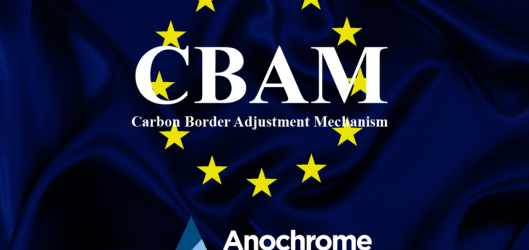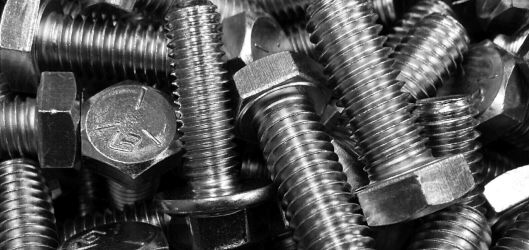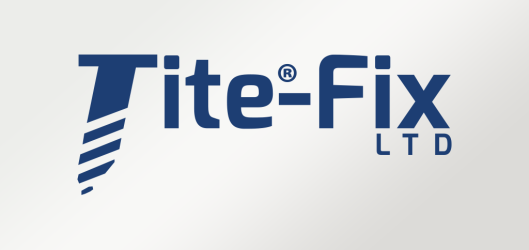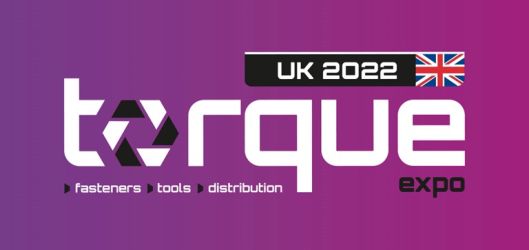
Owlett-Jaton CEO Ian Doherty gives his views on the UK market and key legislation that will impact the industry...
Like the rest of Europe, the UK market has come into 2023 with relatively high levels of stock. General inflation remains stubbornly high impacting operating costs and whilst shipping costs have come down substantially from 2022 levels, these high stocks and the need to cover higher operating costs will likely limit those price reductions in the market.
The UK government has now clarified that CE marking will still be recognised for construction products until the end of June 2025. Regrettably, the government has decided that test results for CE marking, there being no current difference in standards, will not be accepted and that UKbased testing must be undertaken. Whilst this may seem like a long way off, with the levels of stock and the long lead times in the fastener supply chain, to ensure that all product sold from July 2025 is UKCA certified and marked requires action to be taken in short order – which is proving challenging in the face of limited testing facilities. Similar challenges exist for the conversion of ETA to UKTA in the same timescale.
The new Windsor framework, which amends the Northern Ireland Protocol, has been hailed by many as a big step forward in smoothing trade between mainland GB and Northern Ireland (NI). However, the single biggest challenge in the fastener trade is AntiDumping Duty (ADD) on many Chinese products. We are still awaiting the final details of the framework, but as ADD is a trade remedy, it seems unlikely that the framework will change the burden of managing ADD products into NI.
Trade with NI will also be affected by the introduction of CBAM (Carbon Border Adjustment Measures) by the EU. The final mechanism is yet to be published, but will add a further burden to trade with NI and the rest of the EU for UK businesses.
However, the economic outlook in the UK is more positive than at the end of 2022 and I am sure the industry will continue to adapt to the economic and legislative challenges posed.



